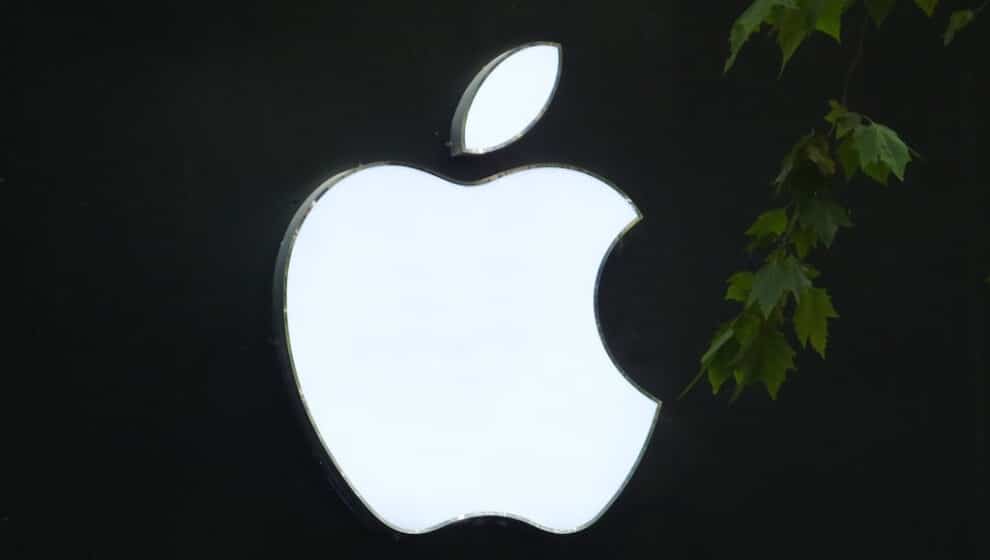The Federal Bureau of Investigation (FBI) is contesting a new update from Apple that limits government access to iPhones.
Key Details
- Apple is planning to expand end-to-end encryption in iCloud, which will close a privacy loophole that allows law enforcement to access user accounts. The company announced on December 7 that the feature will roll out by the end of 2022 in the U.S.
- “With Advanced Data Protection for iCloud, which uses end-to-end encryption to provide Apple’s highest level of cloud data security, users have the choice to further protect important iCloud data, including iCloud Backup, Photos, Notes, and more,” says Apple.
- The FBI is warning that end-to-end encryption will hurt its ability to combat criminal acts and cybersecurity threats.
Why it’s Important
User privacy is a significant issue in the internet age because fraud and identity theft are rampant. It is very easy for credit card information, social security numbers, telephone numbers, names, addresses, and other personal information to be used maliciously. Apple is dedicated to protecting its users and ensuring its technology is as safe as possible.
The issue is more sensitive for the government given the proven cases of federal overreach in user information. The U.S. National Security Agency (NSA) was revealed by The Guardian in 2013 to have been mass surveilling U.S. citizens without warrants and it is likely that other government agencies are continuing to spy on the public.
Opposing Perspectives
There are trade offs when it comes to prioritizing user privacy. The FBI told The Washington Post in a statement that law enforcement needs some level of access to phones to combat illegal activity online.
“This hinders our ability to protect the American people from criminal acts ranging from cyber-attacks and violence against children to drug trafficking, organized crime, and terrorism. In this age of cybersecurity and demands for ‘security by design,’ the FBI and law enforcement partners need ‘lawful access by design,’” says the FBI.
The digital privacy non-profit Electronic Frontier Foundation alternatively praised the move as a victory for privacy and security, saying “Companies should stop trying to square the circle by putting bugs in our pockets at the request of governments, and focus on protecting their users, and human rights. Today Apple took a big step forward on both fronts.”
Notable Quote
“Apple and the FBI have had more than their fair share of disagreements before. Most notably, the FBI requested that Apple build a backdoor into the iPhone in 2016 to unlock the iPhone used by the San Bernadino shooter. Apple refused to comply with this request, calling it an ‘unprecedented step which threatens the security of our customers,’” says 9to5Mac.
